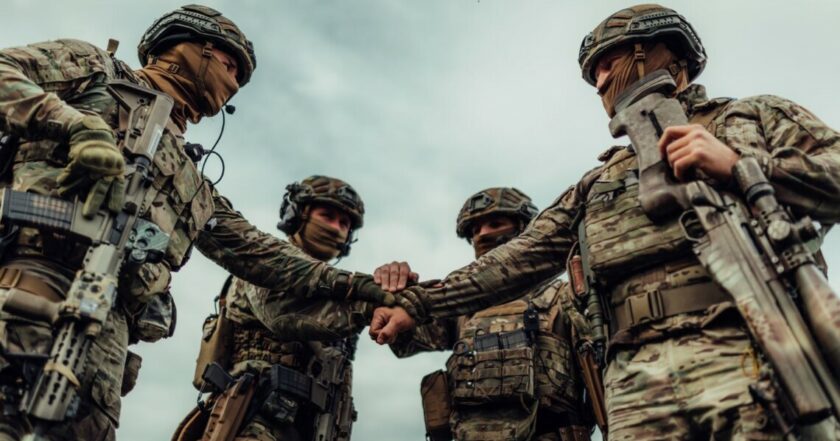Ukraine initiates lower mobilization age to combat Russia, urgently needs Western support for effective armament – ISW

Photo: novynarnia.com
Reducing the mobilization age from 27 to 25 years will assist the Ukrainian Defense Forces in countering the Russian aggressor by revitalizing and bolstering existing units and establishing new ones. However, Western aid is needed to equip all mobilized soldiers properly.
The Institute for the Study of War (ISW) reported this.
According to American analysts, Ukraine is considering lowering the mobilization age as one of several measures to establish a sustainable system for generating wartime forces.
However, Ukraine will need to arm all mobilized military personnel, and the ongoing debate in the US over military aid to Ukraine and delays in Western assistance may affect the speed with which Ukraine can rebuild degraded and create new units.
"Western-provided materiel continues to be the greatest deciding factor for the Ukrainian military's ability to restore and augment its combat power," the ISW report emphasized.
It should be noted that on April 2, the President of Ukraine, Volodymyr Zelensky, signed a law that lowered the Ukrainian military's conscription age from 27 to 25 years. The Verkhovna Rada [Ukraine's parliament – ed.] approved the law in May 2023. The law will enter into force on April 3, 2024.
ISW key takeaways as of April 2:
- Russian Defense Minister Sergei Shoigu claimed on April 2 that Russian forces seized about 400 square kilometers of Ukrainian territory in the first three months of 2024 — a rate of advance not necessarily reflective of broader Russian offensive prospects due to the impact of US security assistance delays.
- Ukraine conducted long-range unidentified unmanned aerial systems (UAS) strikes against Russian military production and oil refinery infrastructure in the Republic of Tatarstan, over 1,200 kilometers from the Ukrainian border.
- Russian President Vladimir Putin's address at the Russian Ministry of Internal Affairs (MVD) board meeting on April 2 illustrated Russia's dissonant response to the March 22 Crocus City Hall terrorist attack as Russian authorities simultaneously pursue law enforcement actions against migrant communities while also baselessly implicating Ukraine. Putin also attempted to address intensified debates about migration that have emerged following the Crocus City Hall attack but continued to express an inconsistent and vague stance on the issue.
- Ukrainian Main Military Intelligence Directorate (GUR) Deputy Chief Major General Vadym Skibitskyi stated on April 2 that the GUR believes that Russian forces will likely temporarily pause strikes against Ukrainian energy infrastructure to replenish low missile stockpiles.
- US sanctions against Russia continue to impact Russian financial ties to post-Soviet countries, as Kyrgyzstan's national payment system Elkart announced on April 2 that it would stop processing transactions using the Russian "Mir" payment system to prevent secondary sanctions.
- NATO Secretary General Jens Stoltenberg reportedly proposed a NATO aid package to send Ukraine $100 billion of military assistance over five years.
- Russian forces recently made confirmed advances near Kreminna and Avdiivka amid continued positional engagements along the entire contact line on April 2.
- Russian Defense Minister Sergei Shoigu stated on April 2 that the Russian military intends to finish and deploy several newly constructed small missile and patrol ships in 2024.
- The Russian Ministry of Internal Affairs (MVD) is increasing its law enforcement presence in occupied Ukraine to intensify Russian control over Ukrainian civilians and strengthen security over critical infrastructure.
For reference:
Notably, the production of Ukrainian self-propelled howitzers "Bohdana" increased to eight units per month. Previously, this number reached six units.




















































